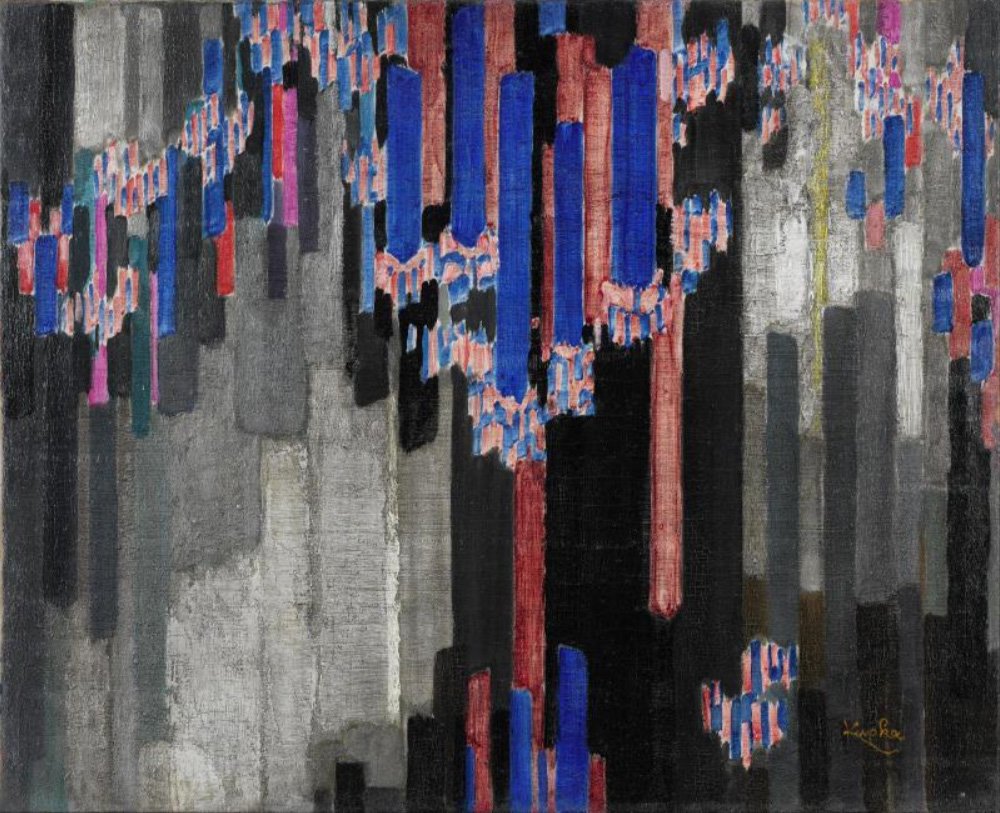
Modernity and Plato
Two Paradigms of Rationality
Hailed upon its publication in German as “one of the most important philosophy books of the past few years,” Arbogast Schmitt’s Modernity and Plato undertakes a critical reflection on the history of the concept of rationality. Contrary to modernity’s claim that it “discovered” self-reflective thought through the turn to the individual in the Renaissance and the Enlightenment, Schmitt demonstrates that modernity did not discover rationality: it merely transformed the ancient concept. In so doing, it turned away from the Platonic and Aristotelian understanding of rationality as based upon the principle of non-contradiction to a Stoic conception based upon the alleged self-evidence of empirical objects. This turn leads to an impoverishment of the concept of thought, which is now limited to the representation and reconstruction of the “data” received through sensory perception.
